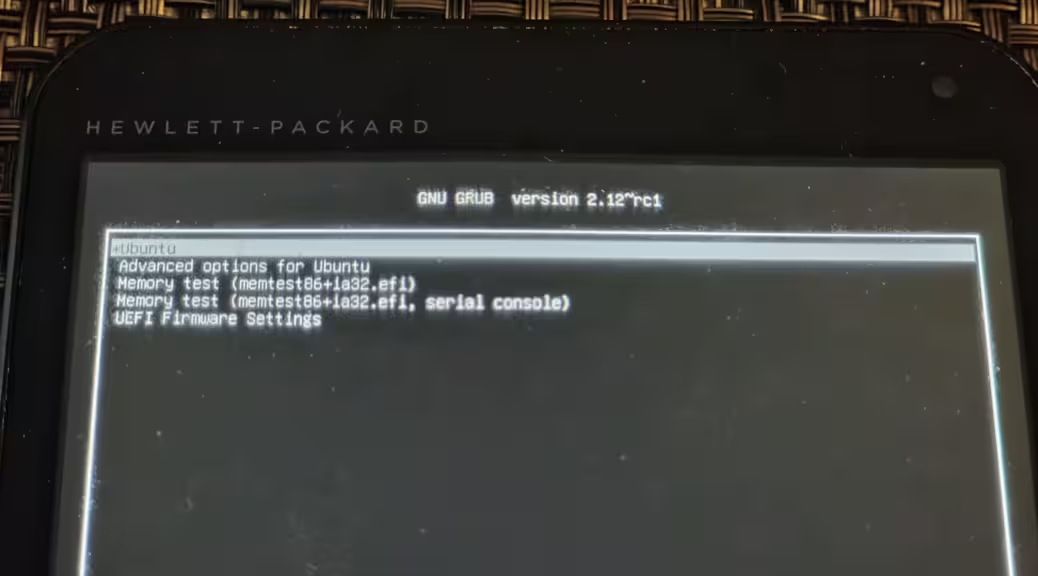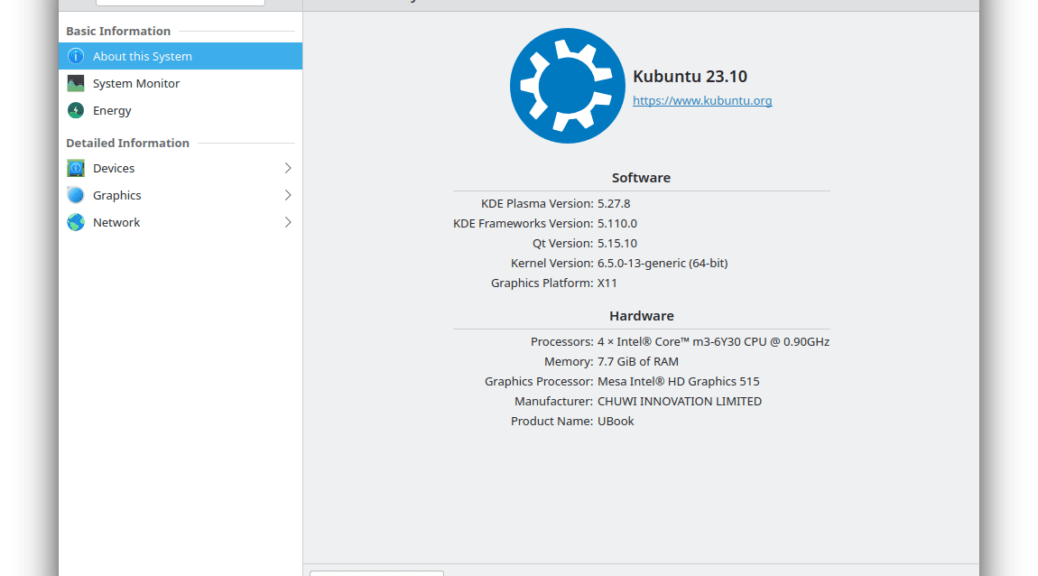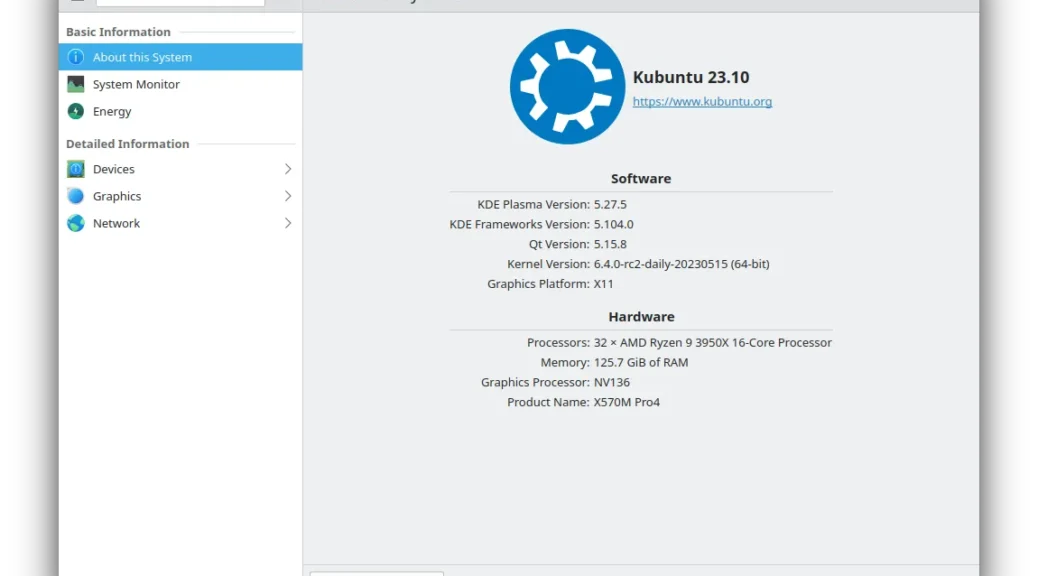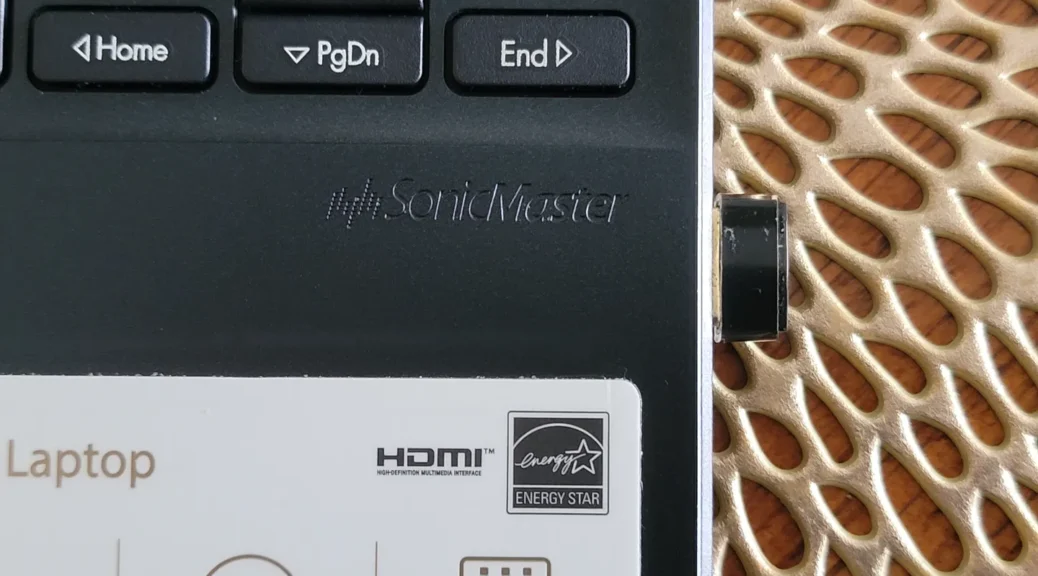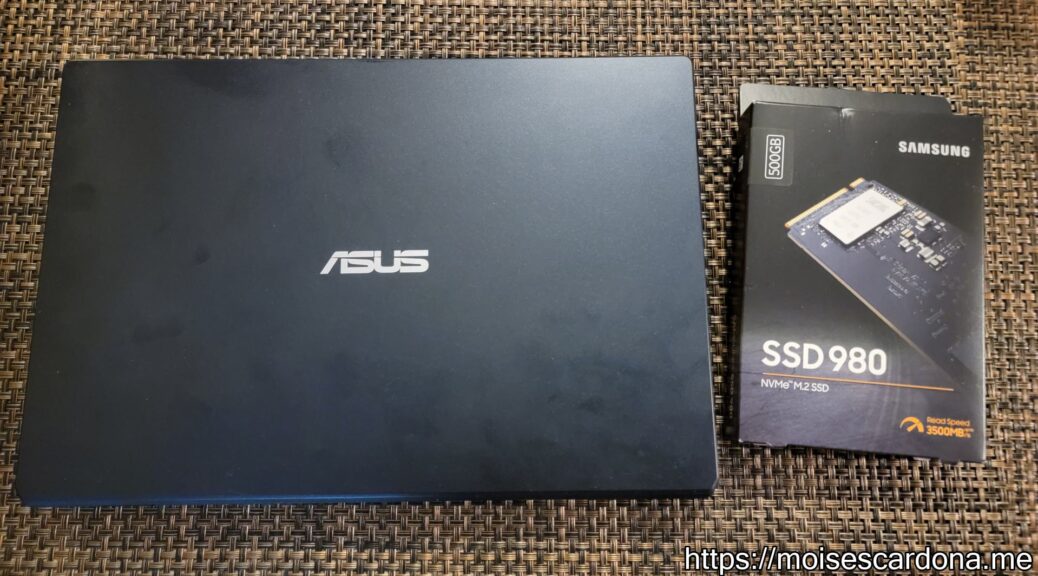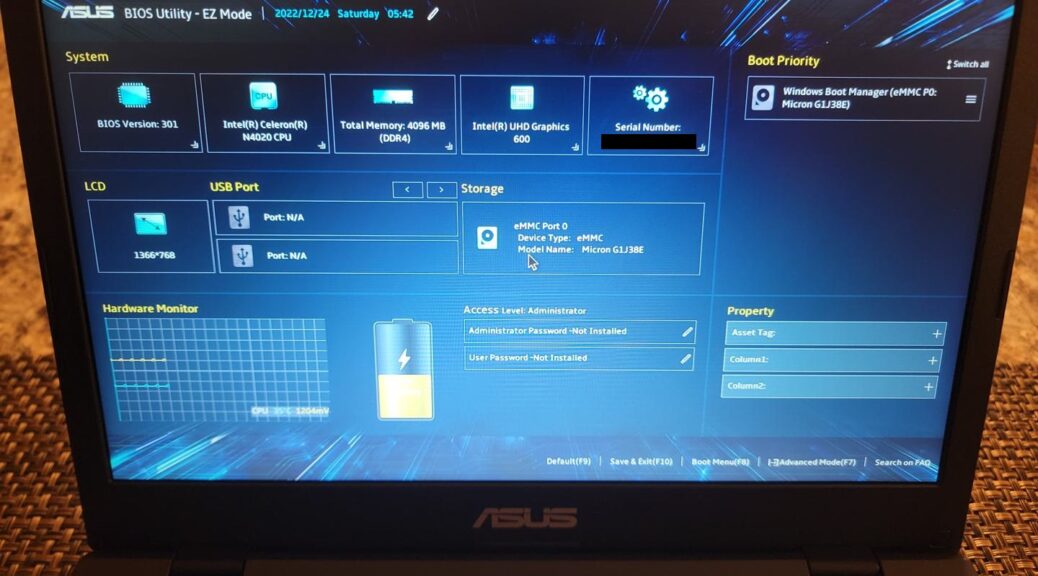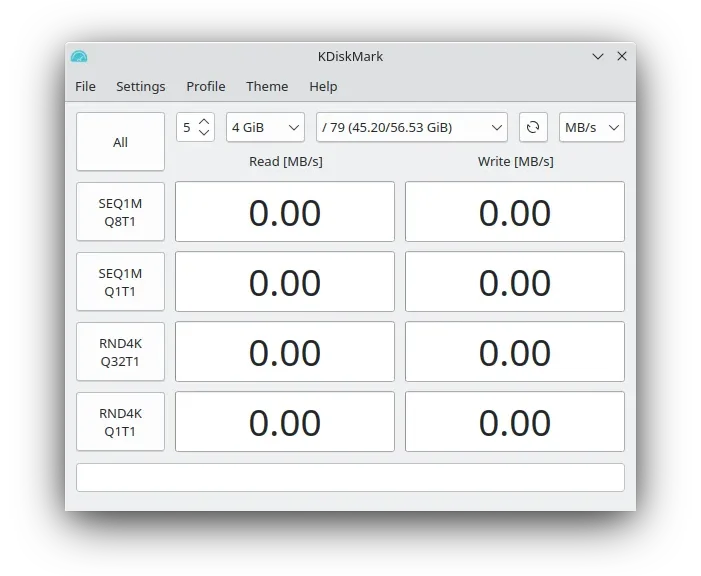Kubuntu / Ubuntu now has Plasma 6.1!
Hi everyone, Today, I noticed I had quiet a few plasma updates. Turns out that KDE Plasma 6.1 is now available in the Ubuntu repositories for Ubuntu / Kubuntu oracular, or the 24.10 version. If you already have Ubuntu with KDE Plasma or Kubuntu 24.10, all you have to do is run sudo apt update and sudo apt dist-upgrade. This will update Plasma to the 6.1 version. A side note: SDDM, the display manager used by plasma, works, but the…

